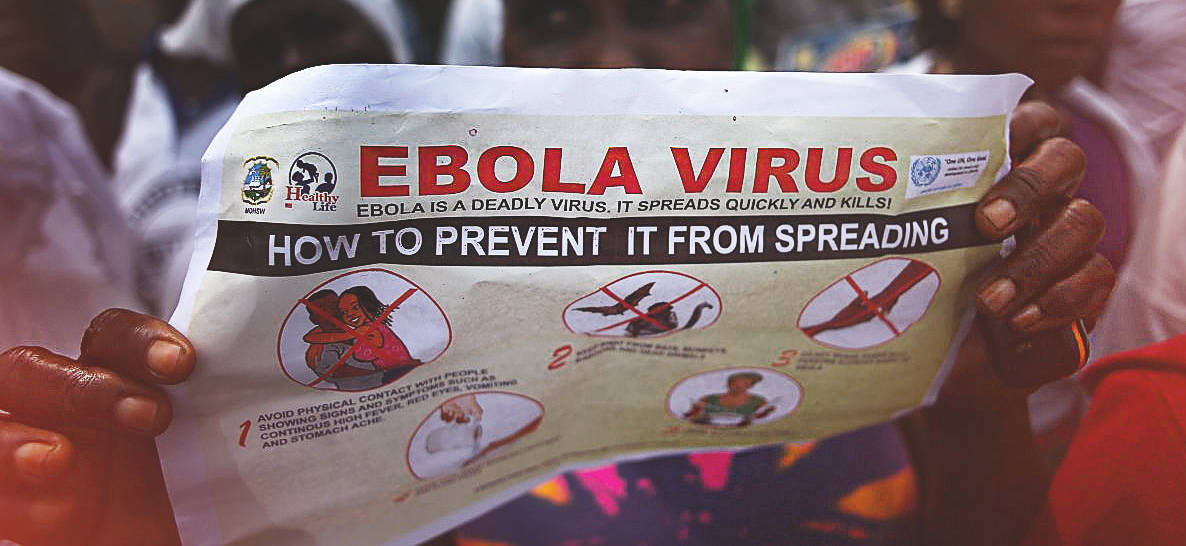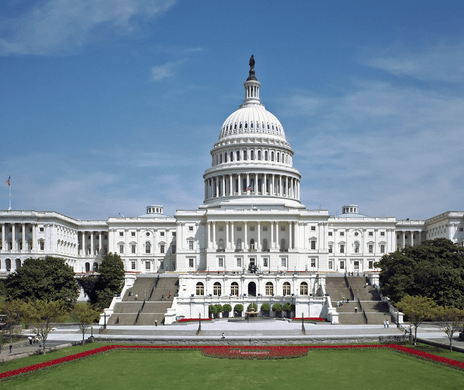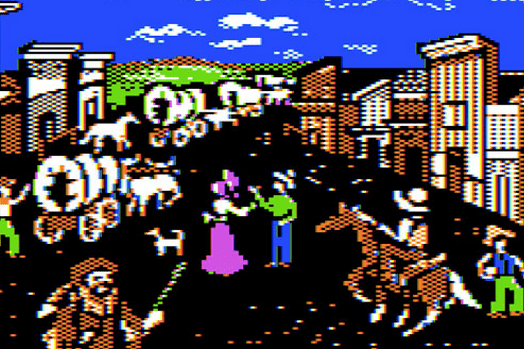
This week, an American nurse was transported back to the United States for treatment after contracting Ebola while working with patients in Sierra Leone. She’s the first person since late October to be brought back to the U.S. to receive treatment for the potentially deadly virus.
Before her arrival, it had been weeks since Ebola had been a major presence in American headlines. After several people were successfully treated and released from American hospitals, fears of a domestic outbreak proved to be unfounded.
But sadly, as Americans began to realized that their own chances of ever becoming infected with the virus were virtually non-existent, the conversation surrounding Ebola has slowly faded.
Just because concerns over an outbreak are no longer a reality here, it doesn’t mean we should stop talking about Ebola—and how to assist those who desperately still need our help. Many areas of West Africa are still in the midst of the worst Ebola outbreak in history, and though, in some regions, reports of new cases have decreased, communities are still suffering from the devastating effects of the virus.
For one survivor who knows about the efforts to fight the virus extremely well, fear of an American outbreak has been replaced with a much more dangerous attitude: indifference.
Last month, Dr. Kent Brantly—the missionary doctor who was recently featured on the cover of Time magazine in a special “Person of the Year” issue dedicated to Ebola healthcare workers—was interviewed on NPR about his experience fighting the virus (and being treated for it). He said that he appreciated Time “keeping the outbreak [in] the headlines,” explaining:
We run the risk of going from hysteria to a sense of indifference. And I think that is even more dangerous than our fear when we stop caring about what’s happening on the other side of the world … My 4-year-old son prays every night for his best friend who is the same age – our next door neighbor in Liberia, a little Liberian boy: “Dear God, please don’t let him get Ebola.” I’m proud of him for thinking about his friend and praying for him, but that’s not a prayer that a 4-year-old should have to consider.
In a recent PSA for the Ebola Survival Fund, the cast of The Hunger Games films reminded viewers, “People infected by the Ebola virus in Guinea, Liberia and Sierra Leone don’t have access to the same medical treatment as Americans,” and there are still regions where officials are struggling to contain outbreaks.
Though only one person has died from Ebola in the U.S., the global death toll has reached 8,000—most of those were in West African countries; countries that still need our help even if the news cycle has moved on.
How You Can Help
Here’s a look at some of the organizations still helping to fight Ebola in West Africa, providing medical care and assisting communities in need.
Ebola Survival Fund – The organization works with and supports a “coalition of community-based organizations working in Liberia and Sierra Leone in order to complement the efforts of the larger-scale programs being implemented by international organizations.”
Living Water International – The Christian aid organization has been providing clean water to areas of Liberia and Sierra Leone for years. Back in the fall, we spoke with CEO Mike Mantel who explained the importance of water and sanitation resources in fighting the outbreak: “The first line of defense against Ebola is hygiene and sanitation to wash off the virus if you come in contact with Ebola … And to address that, people need water.”
Samaritan’s Purse – The work of the Samaritan’s Purse medical teams has been a fixture of headlines since Dr. Brantly first came back to the U.S. to receive treatment after contracting the virus while serving patients. The organization—which has been in Liberia for more than 10 years—is assisting in issuing medical care and relief supplies to people in need.
World Vision – World Vision is one of the world’s largest Christian humanitarian aid organizations, with staff members, health clinics and clean water projects around the world—including Sierra Leone.
Doctors without Borders – The international medical aid organization has been at the forefront of providing care to communities suffering in the wake of the Ebola outbreak in West Africa. In December, they announced the opening of brand new treatment centers (called ETCs) in Sierra Leone, explaining in a release, “The ETCs are just one example of [Doctors without Borders] efforts to collaborate with Sierra Leone’s National Ebola Response Committee to step up capacity in hot spots and to respond to the increase in Ebola cases the country has witnessed over the last weeks.”






















